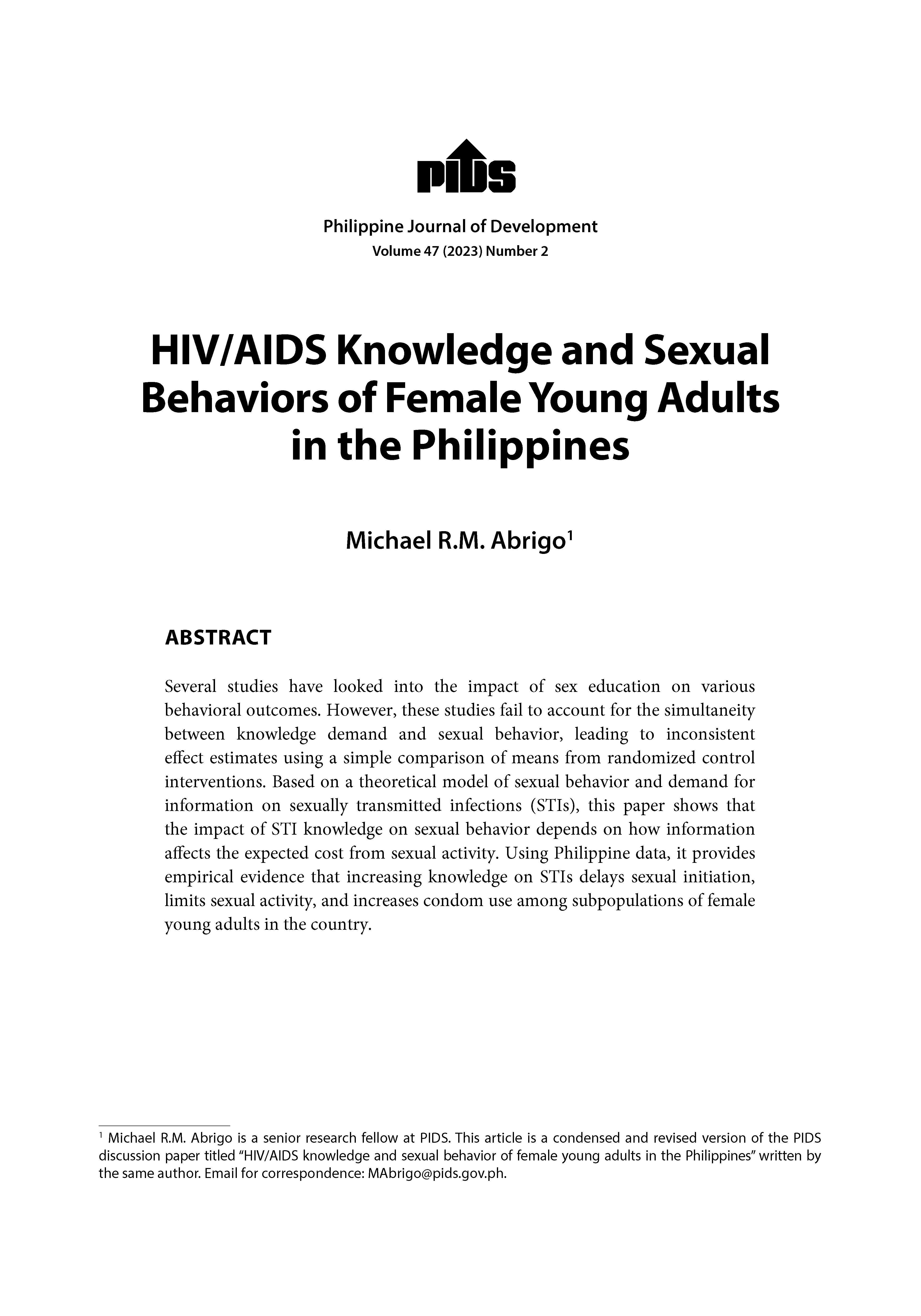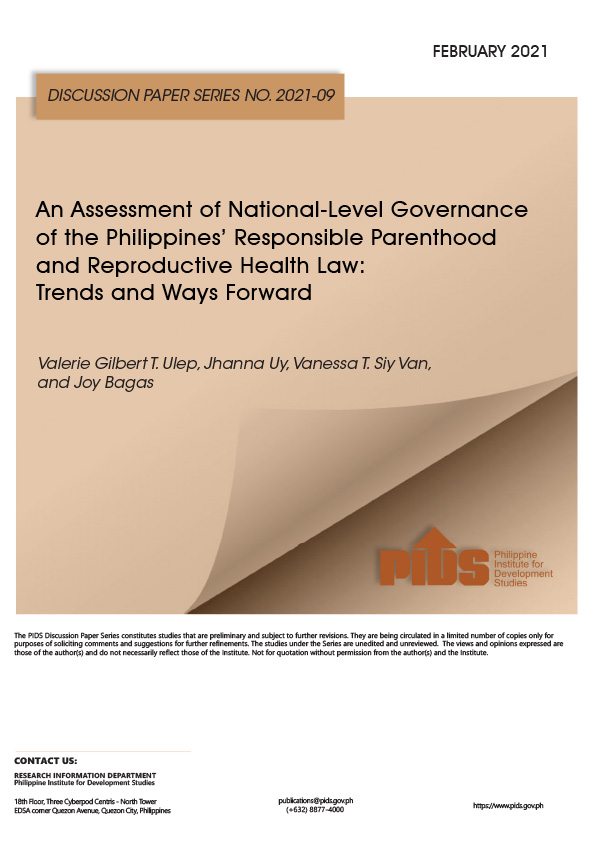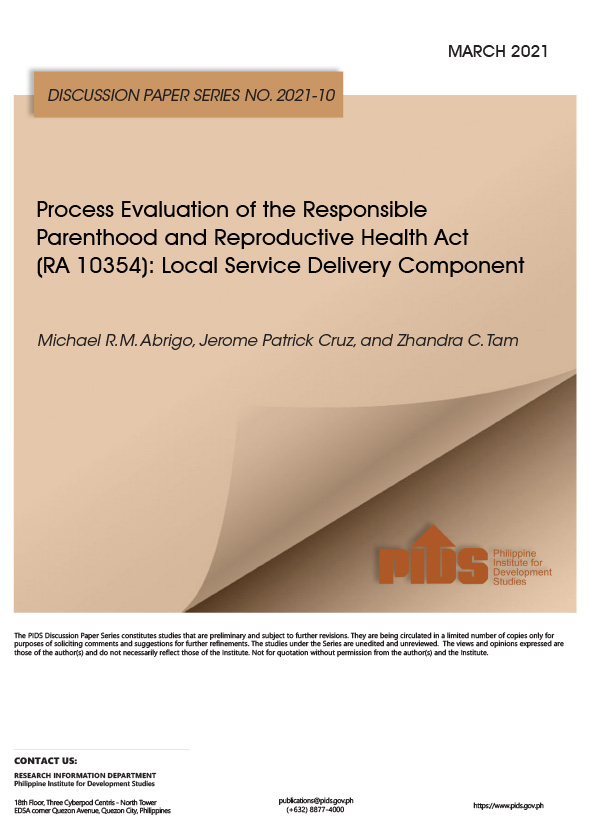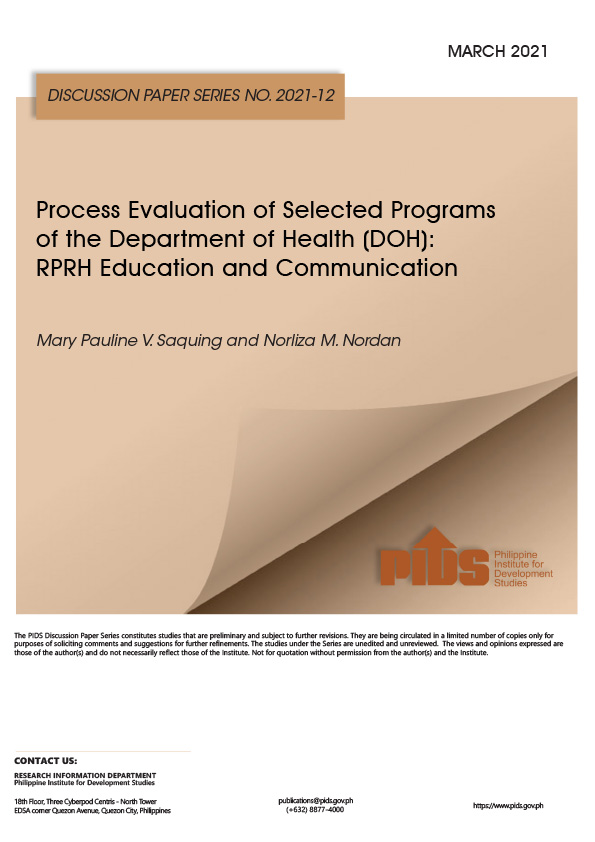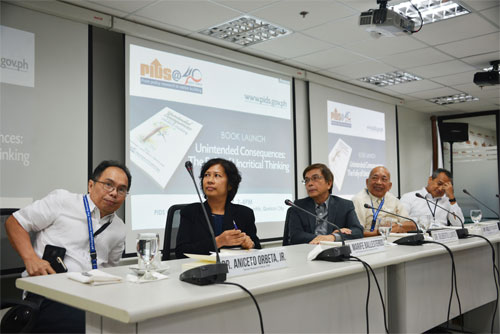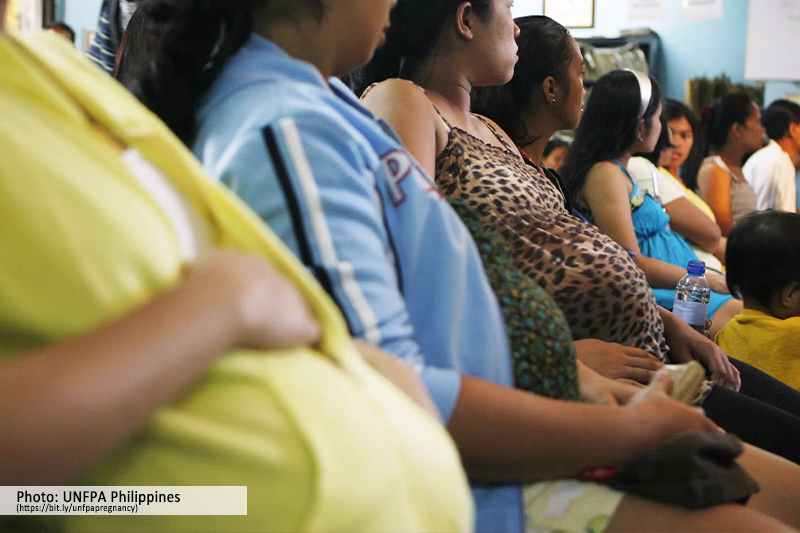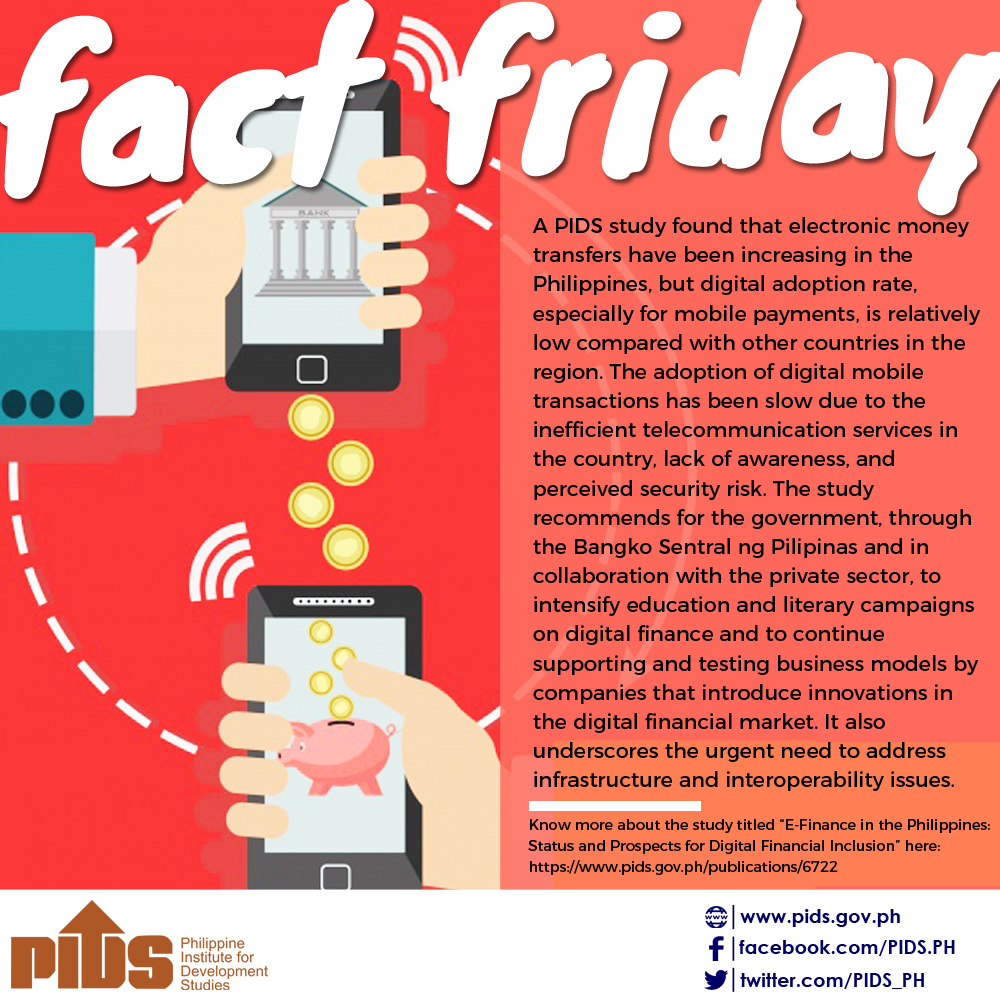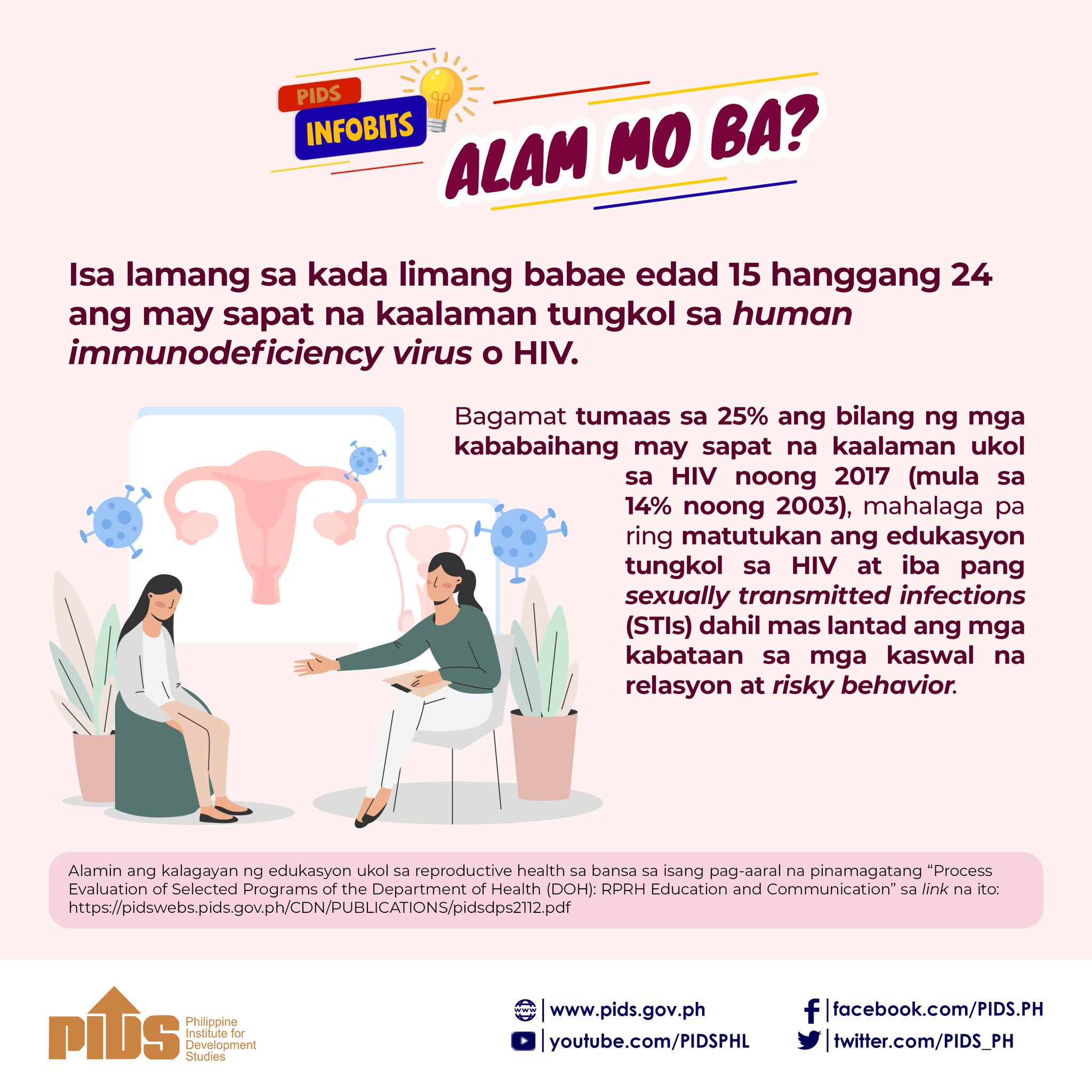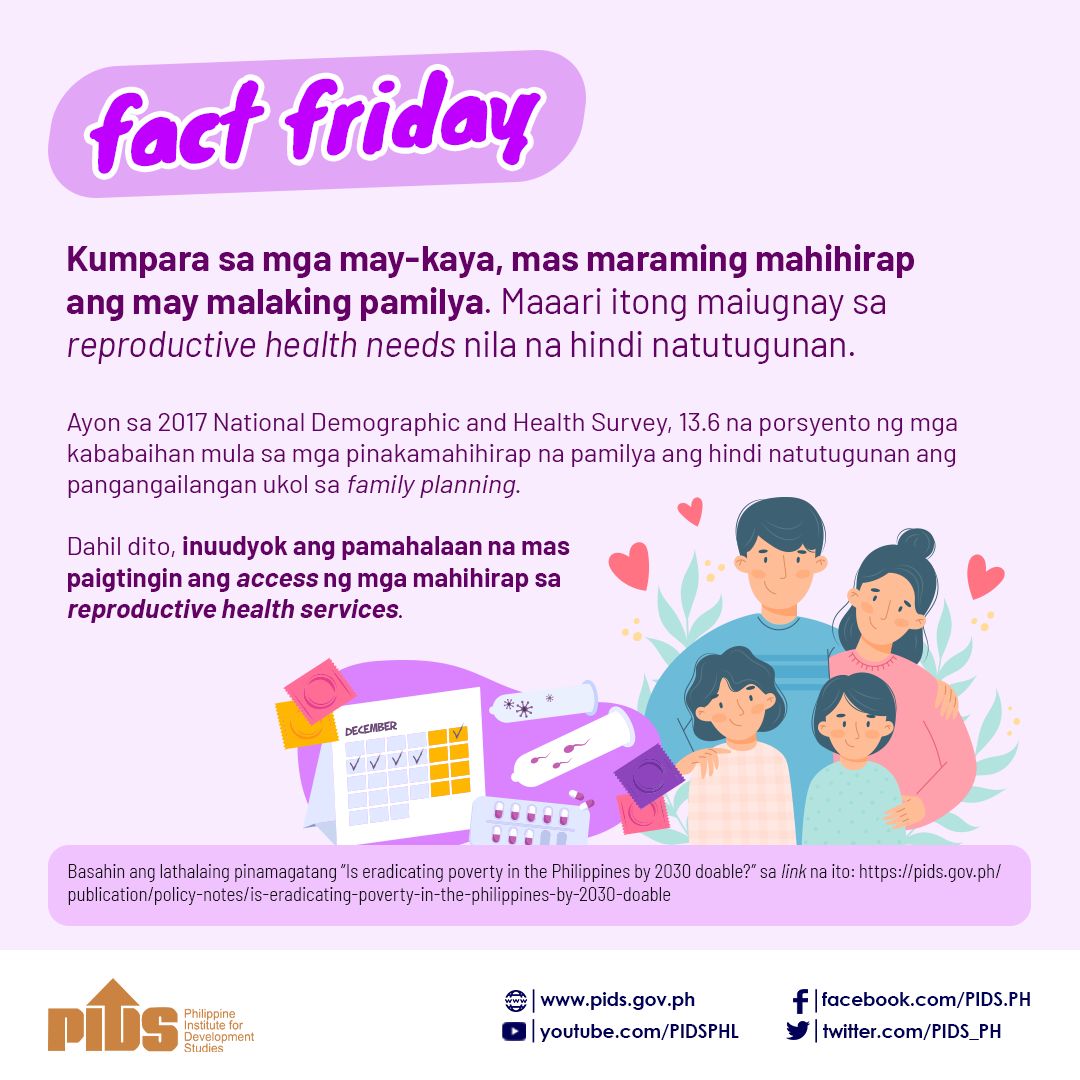The impact of sex education on various behavioral outcomes has been studied in the literature. However, these studies failed to account for the simultaneity between knowledge demand and sexual behavior, leading to inconsistent effect estimates using a simple comparison of means from randomized control interventions. This paper employs a theoretical model of sexual behavior and demand for information on sexually transmitted infections (STIs). It shows that the impact of STI knowledge on sexual behavior depends on how information alters the anticipated costs associated with sexual activity. Empirical findings indicate that heightened awareness of STIs delays sexual initiation, constrains sexual activity, and enhances condom use among subpopulations of female young adults in the country.

